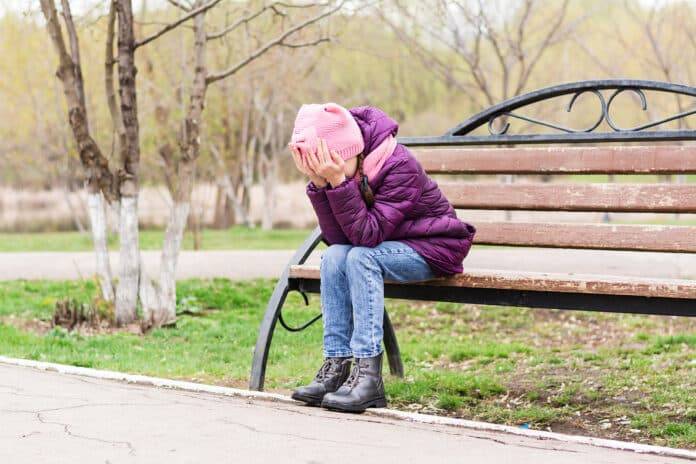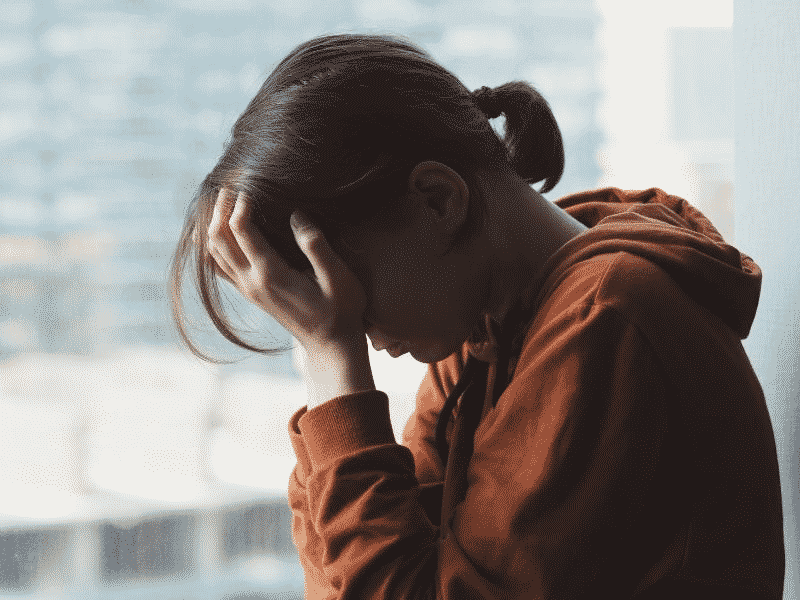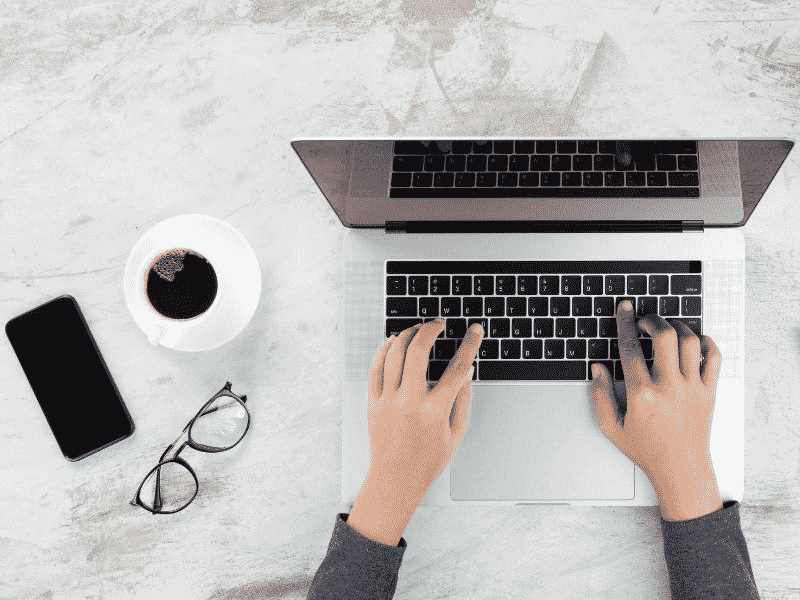How Social Media affect, mental health is a growing concern for many reasons. Parents of young and adolescent children are increasingly worried about how social media affect mental health.
We need the company of others to thrive in life, which is at the core of the strength of social media. Being socially connected prevents loneliness and provides comfort. However, on the darker side, studies are beginning to show that it can pose a severe risk to your mental health.
How Social Media Affect Mental Health
If you’ve been using Facebook, Twitter, or Instagram, you may wonder how social media affects mental health? Multiple studies suggest a strong link between social media activity and an increased risk of anxiety.
Jordan Peterson, a well-known Canadian psychologist and professor, is very vocal about the dangers of social media. He warns people that they can become depressed when they use social media too much. In one Q&A session, Peterson’s critique extended beyond Facebook and Twitter – the professor emphasized social media as a whole.
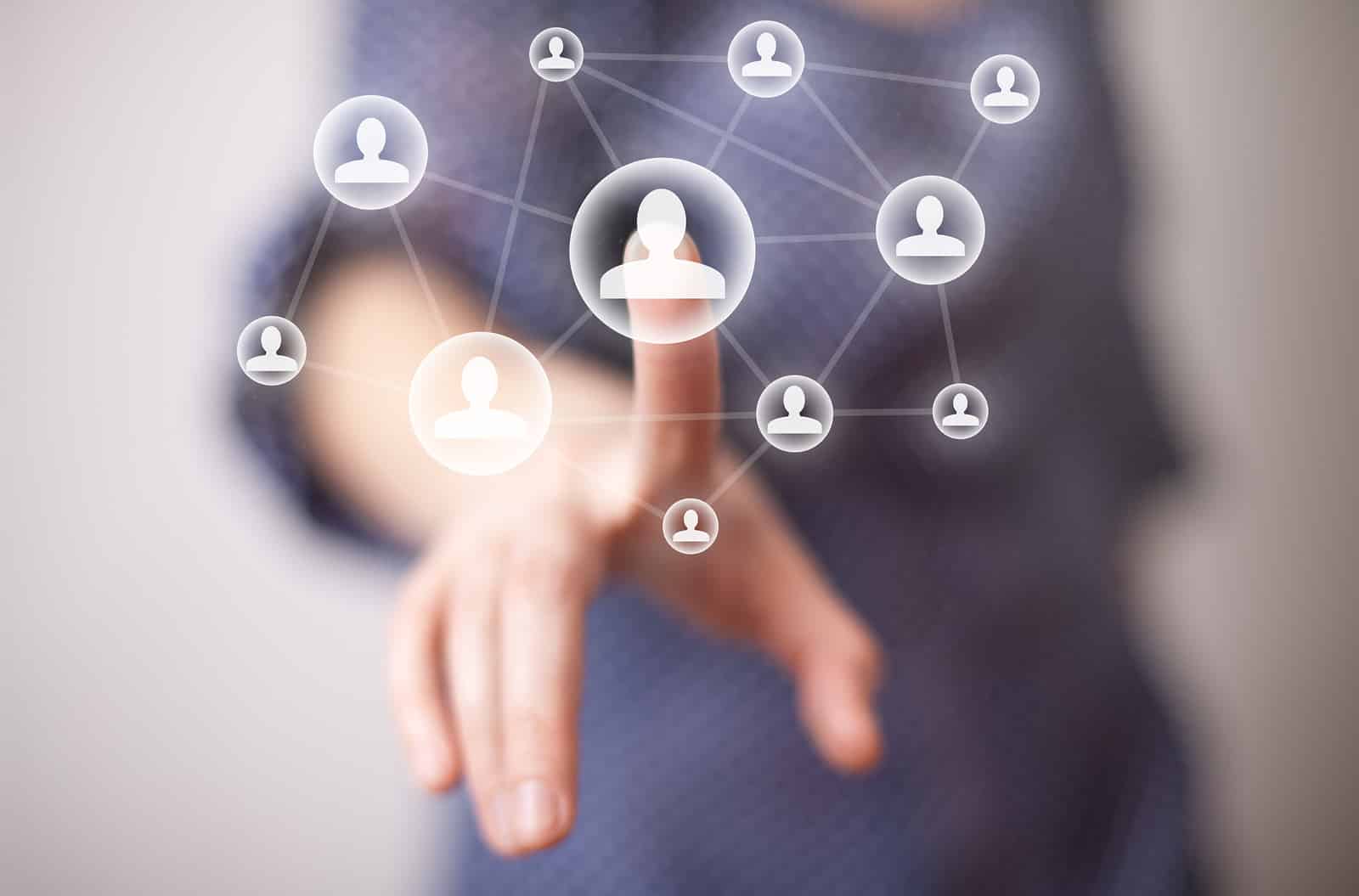
How Social Media Affect Mental Health
As with all good things, the internet has its share of disadvantages. In comparison, Facebook boosts your ego when you post something that receives 500 likes and 200 loves. All of that attention makes you feel popular, accepted, and special. Unfortunately, unless you are of an influencer or celebrity status in real life, the chances are that experience will be fleeting.
Fake confidence is a significant but not a new phenomenon. It has been on the exponential rise for decades. Dr. Peterson sees it as a mental disease that is growing in numbers. Here are just a few of the other ways how social media affect mental health.
Sadness Triggers
According to several studies, the more we use social media, the less happy we seem to be. And the more people use Facebook, the less satisfied they feel, often because they see others posting only the best things in their lives.
Some researchers suggest that the more you spend time on Facebook, the higher the perception of social isolation. On the surface, the authors claim that Facebook allows people to connect and enhance their well-being. The current findings suggest that interacting on social media gives opposite results for more people.
Isolation
A study from the University of Pennsylvania suggests that high usage of Facebook often develops a feeling of isolation. The researchers looked at social media sites like Google+, Twitter, Facebook, LinkedIn, Tumblr, Pinterest, and YouTube. The study also found that the less frequently people use social media, the less lonely they feel.
The study pointed out that participants who interacted with others daily in real-life activities felt much less isolated than those who relied on interactions through social media. So your ability to connect with others is another way how social media affect mental health.
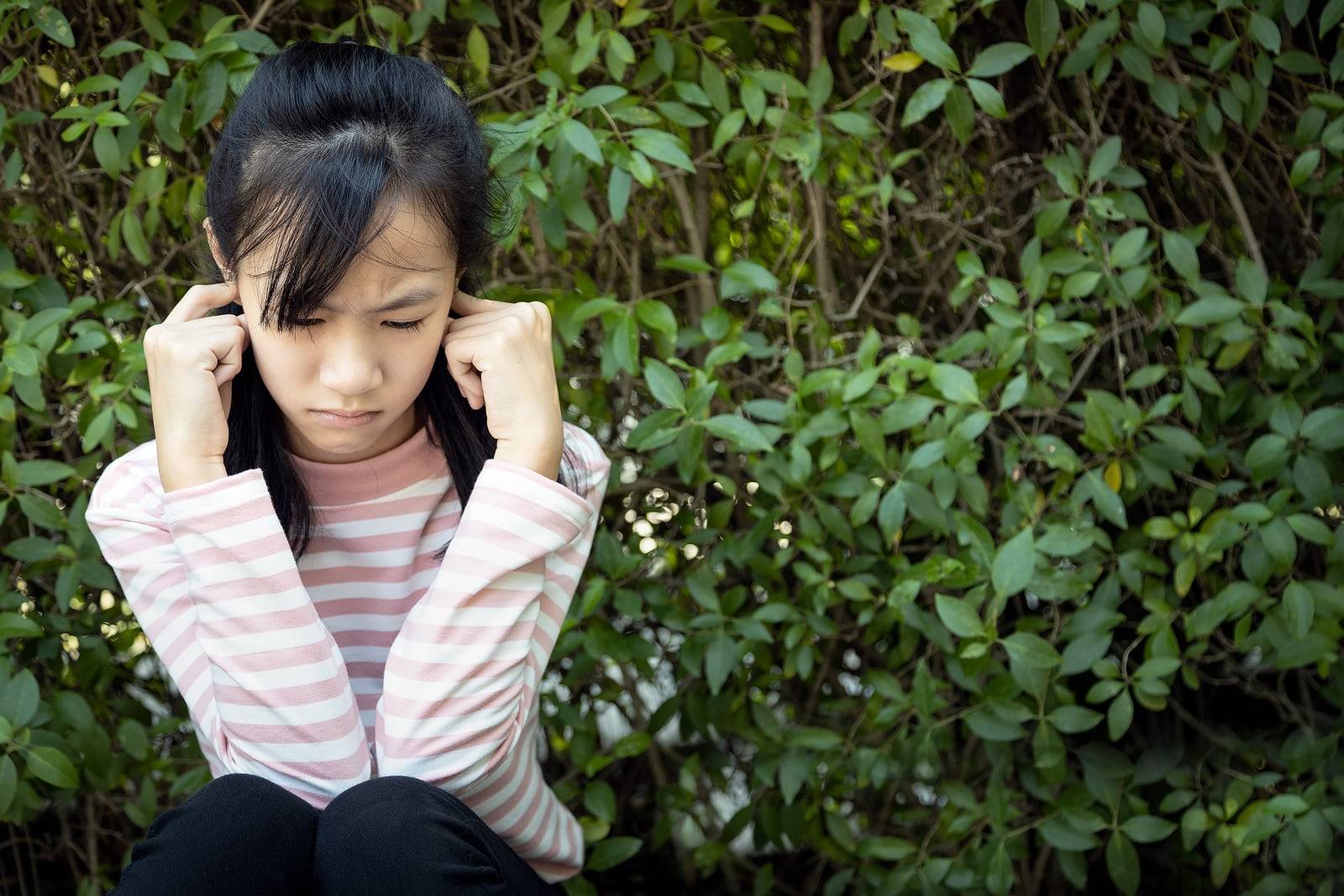
How Social Media Affect Mental Health
Jealousy
Social Media use can lead to jealousy, which is a vicious cycle. The comparison factor in social media is another way how social media affect mental health as it can trigger jealousy. Facebook is the breeding ground for jealous-inducing posts. Many people admit that seeing others on vacations is envy-inducing.
Celebrations of weddings, anniversaries, or other life events that include extravagant gifts or gestures can also cause social media users to feel envy. These feelings can make someone feel like they want to make their life at least look better online, which leads to false postings and a whole new set of mental issues.
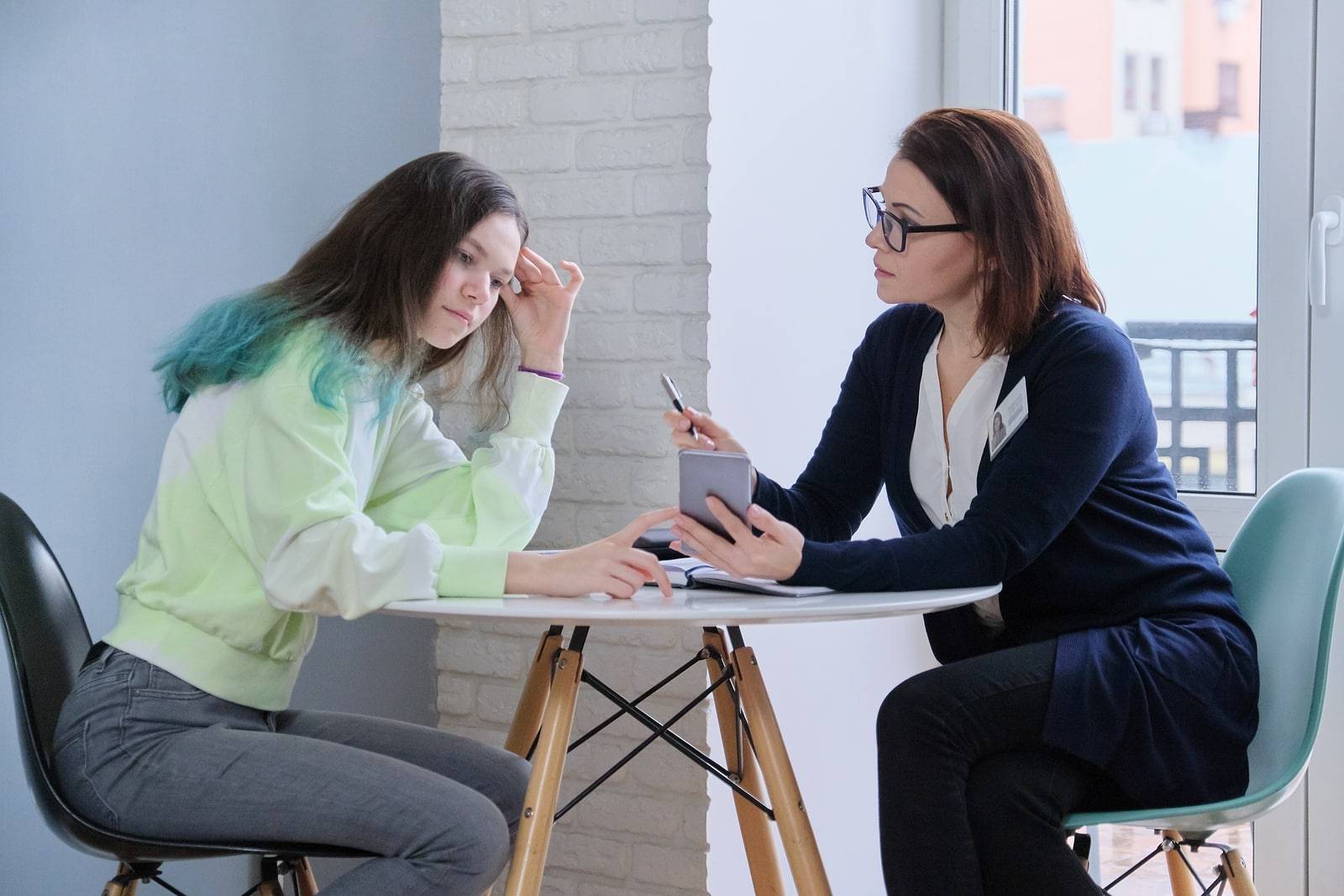
Self-absorption
Sharing those endless selfies can create unhealthy self-centeredness. This further distances you from making real connections. Being obsessed with your online appearance means you aren’t paying enough attention to real life.
When you have more friends online, it doesn’t mean you are social. There seems to be a cap on the number of true friends you can have in real life. And those friends are there for you through good times and bad, which is excellent for your mental health.
Having virtual friends doesn’t mean that they will have the same therapeutic effect as real ones. Another way how social media affect mental health is by creating a false support system.
It’s unhealthy to use social media as a security blanket. Turning to Facebook when you feel down only makes the situation worse. It may seem not easy at first, but you should find other ways to manage your moods.
Social media keeps us connected over long distances – it helps to find people we have lost touch with. But it’s a bad idea to become too dependent on social media for interaction with others. Jordan Peterson suggests that you take a break from Facebook and see how you progress in life without it for a while.
If you feel the need to have to keep using it, do so, but only in moderation. When it comes to how social media affect mental health, the best option is less is more. The less time you spend on social media sites, the better your mental health.
If you ever feel the need to do self-harm please stop and call this number 1-800-273-TALK (8255) or visit MentalHealth.gov website.
Read more – The Best Advice for Your Mental Health During Coronavirus


